Public Health Preparedness
Click on a title button to jump to its corresponding section on the page.
Why prepare? Preparing for Emergencies Disease Information Related Resources
Why should we plan & prepare?
Planning will help us save lives and property as well as maintain and improve our community’s quality of life. Planning can help keep our infrastructure and economy running smoothly.
Although the Department of Public Health is planning for public health emergencies it is also your responsibility to plan. On this page you will find helpful information, links to websites, and tools that will help you and your family become prepared if an emergency would strike your area. Always remember to ask yourself - Are you prepared?
The following downloadable guides will help you and your family prepare for emergencies:
The guides are also available individually or in quantities for your community group by calling 616-396-5266.
Preparing for Emergencies
Emergency Preparedness applies to natural as well as man-made disasters. In Ottawa County, examples of public health emergencies include disease outbreaks caused by contaminated food, water or air. Natural disasters, emerging diseases and potential terrorist threats involving biological, chemical, radiological or nuclear exposure are also areas of focus for public health emergency planning.
Examples of Public Health Responsibilities
- Maintaining Safe Food and Water
- Managing Waste Disposal
- Providing Mass Vaccination or Antibiotic Distribution
- Containing & Surveying Communicable Disease
- Determining Quarantine or Isolation
- Assist in Managing Mass Casualties
If mass immunizations or medical services are needed for the residents of our community, the Department of Public Health may set up a dispensing site to give vaccines, antibiotics or antidotes. Sources of information include news reports giving instructions from officials about who should receive services, and where and when services are provided in the community.
Pandemic Influenza
The Ottawa County Department of Public Health has developed a local pandemic flu preparedness committee. The following groups are involved in the coalition:
Executive Board Members
- Holland Community Hospital
- American Red Cross
- Zeeland Community Hospital
- Ottawa County MSU Extension
- North Ottawa Community Hospital
- Grand Haven Board of Power and Light
- Ottawa County Intermediate School District (OAISD)
- Pfizer, Inc.
- Grand Valley State University
- Meijer, Inc.
- Herman Miller
Disease Information
Public health depends on reports of diseases to monitor community health and to ensure timely preventative action by public health personnel. As a result, Michigan law requires timely reporting of communicable diseases.
- Anthrax
- Bacterial Meningitis
- Bed Bugs
- Botulism
- COVID-19
- Campylobacteriosis
- Chickenpox
- Chikungunya
- Chlamydia
- Cholera
- Conjunctivitis
- Croup
- Cryptosporidium
- Dengue
- Diphtheria
- Ebola
- E. Coli
- Giardia
- Gonorrhea
- Haemophilus Influenza
- Hand Foot Mouth
- Hantavirus
- Head Lice
- Hepatitis A
- Hepatitis B
- Hepatitis C
- Herpes
- HIV
- Human Papillomavirus (HPV)
- Impetigo
- Influenza
- Lice
- Lyme Disease
- Malaria
- Measles
- Mpox
- MRSA
- Mumps
- Norovirus
- Pertussis (Whooping Cough)
- Pinworm
- Plague
- Pneumonia
- Polio
- Q Fever
- Rabies
- Ringworm
- Rotavirus
- RSV
- Rubella
- Salmonella
- Scabies
- Scarlet Fever
- Shigella
- Shingles
- Strep Throat
- Swimmers Itch
- Syphilis
- Tuberculosis (TB)
- Tetanus
- Viral Meningitis
- West Nile Virus
- Yellow Fever
- Zika Virus
Related Resources
- Michigan Department of Community Health
- Centers for Disease Control
- World Health Organization
- U.S. Department of Health & Human Services
- Federal Emergency Management Association
- U.S. Department of Homeland Security
- Food & Drug Administration
- Michigan Department of Environmental Quality
- Bed Bugs Manual
- Scabies Manual
- Head Lice Manual
